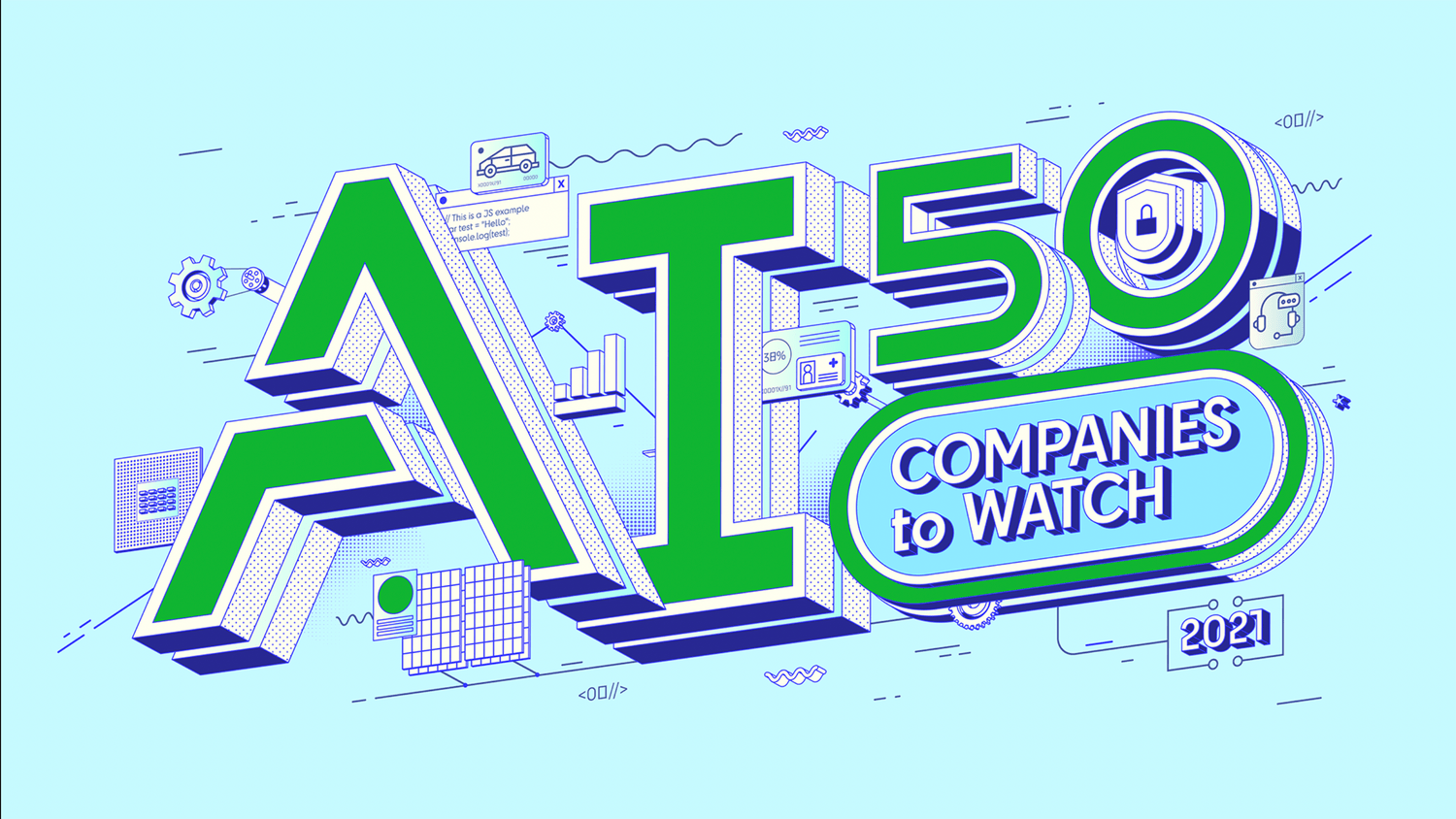
The Covid-19 pandemic was devastating for many industries, but it only accelerated the use of artificial intelligence across the U.S. economy. Amid the crisis, companies scrambled to create new services for remote workers and students, beef up online shopping and dining options, make customer call centers more efficient and speed development of important new drugs.
Even as applications of machine learning and perception platforms become commonplace, a thick layer of hype and fuzzy jargon clings to AI-enabled software.That makes it tough to identify the most compelling companies in the space—especially those finding new ways to use AI that create value by making humans more efficient, not redundant.
With this in mind, Forbes has partnered with venture firms Sequoia Capital and Meritech Capital to create our third annual AI 50, a list of private, promising North American companies that are using artificial intelligence in ways that are fundamental to their operations. To be considered, businesses must be privately-held and utilizing machine learning (where systems learn from data to improve on tasks), natural language processing (which enables programs to “understand” written or spoken language) or computer vision (which relates to how machines “see”). AI companies incubated at, largely funded through or acquired by large tech, manufacturing or industrial firms aren’t eligible for consideration.
Our list was compiled through a submission process open to any AI company in the U.S. and Canada. The application asked companies to provide details on their technology, business model, customers and financials like funding, valuation and revenue history (companies had the option to submit information confidentially, to encourage greater transparency). Forbes received several hundred entries, of which nearly 400 qualified for consideration. From there, our data partners applied an algorithm to identify 100 companies with the highest quantitative scores—and that also made diversity a priority. Next, a panel of expert AI judges evaluated the finalists to find the 50 most compelling companies (they were precluded from judging companies in which they have a vested interest).
Among trends this year are what Sequoia Capital’s Konstantine Buhler calls AI workbench companies—building of platforms tailored to different enterprises, including Dataiku, DataRobot Domino Data and Databricks. Healthcare and biotech research, as conducted by Komodo Health, Genesis Therapeutics and Verge Genomics, remains a key area for advanced AI, as is computer vision, with companies such as Viz.ai and AMP Robotics using the technology to improve health care and waste recycling. Companies reliant on natural language processing, such as Duolingo, Lilt and Whisper, which developed an AI-enabled hearing aid, are yet another core category. Autonomous vehicles are again represented on the list, this year by Gatik, which sees “middle mile” driverless deliveries as a lucrative, early market to target.
Looking ahead, judge Andrew Ng, founder of Google Brain, cofounder of Coursera and founder and CEO of Landing AI, sees more opportunities for AI to help manufacturers and healthcare providers with data tailored to their specific needs.